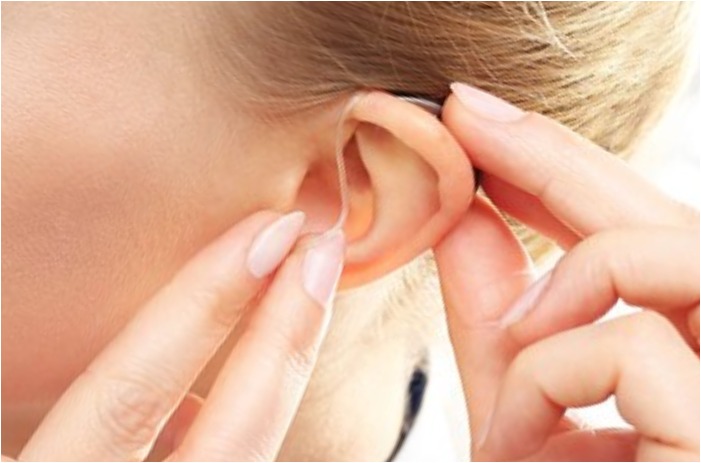
Tinnitus is a hearing condition characterized by the perception of sound in the ears or head when there is no external sound source. The perceived sounds can be various types, such as ringing, buzzing, hissing, whistling, or roaring, and the intensity can vary from mild to severe. Tinnitus is relatively common, affecting approximately 10-15% of the population, and it can occur in people of all ages.
Symptoms of Tinnitus:
- Hearing sounds that are not present in the external environment, such as ringing, buzzing, or clicking.
- The sound may be continuous or intermittent and can be heard in one or both ears.
- Tinnitus may be more noticeable in quiet environments or at night when there are fewer external sounds to mask it.
- It can be accompanied by other symptoms such as hearing loss, dizziness, or ear fullness.
Causes of Tinnitus: Tinnitus can have multiple underlying causes, and sometimes, it may be challenging to identify a specific reason. Some common causes include:
- Age-related Hearing Loss: As people age, they may experience hearing loss due to natural changes in the inner ear, which can contribute to tinnitus.
- Noise Exposure: Prolonged exposure to loud noises, such as in a noisy work environment or attending loud concerts, can damage the hair cells in the inner ear, leading to tinnitus.
- Earwax Buildup: Accumulation of earwax in the ear canal can cause tinnitus by blocking sound from reaching the inner ear.
- Medical Conditions: Tinnitus can be associated with medical conditions like Meniere’s disease, otosclerosis, temporomandibular joint (TMJ) disorders, and high blood pressure.
- Medications: Certain medications, such as high doses of aspirin, some antibiotics, and diuretics, can lead to tinnitus as a side effect.
- Head and Neck Injuries: Trauma to the head or neck can cause tinnitus.
Cure for Tinnitus: As of now, there is no outright cure for tinnitus. However, several management approaches can help reduce the impact of tinnitus on an individual’s life:
- Sound Therapy: Using background sounds or white noise to mask the tinnitus and distract the brain from focusing on the perceived sound.
- Counseling: Providing information and support to help individuals cope with the emotional and psychological aspects of tinnitus.
- Tinnitus Retraining Therapy (TRT): This specialized therapy aims to retrain the brain’s response to tinnitus, making it less noticeable over time.
- Medication Adjustments: If tinnitus is a side effect of certain medications, your healthcare provider may adjust or change the medication to alleviate symptoms.
- Hearing Aids: For individuals with hearing loss and tinnitus, hearing aids can improve overall hearing and often help reduce the perception of tinnitus.
- Stress Reduction Techniques: Managing stress and anxiety can help alleviate the intensity of tinnitus.
- Avoiding Loud Noise: Protecting your ears from loud noises can prevent further damage and worsening of tinnitus.
It is crucial to consult with a healthcare professional, preferably an ear, nose, and throat (ENT) specialist or an audiologist, to determine the cause of tinnitus and create a personalized treatment plan. Although tinnitus may not have a complete cure, proper management can significantly improve an individual’s quality of life and reduce the impact of this hearing condition.
